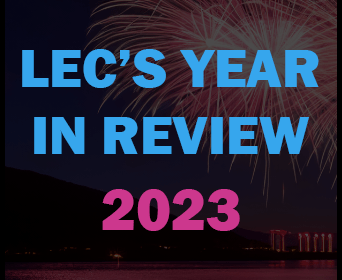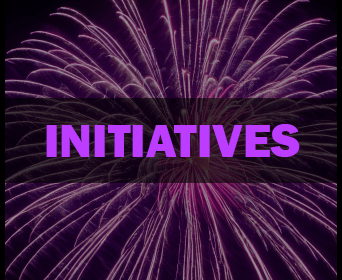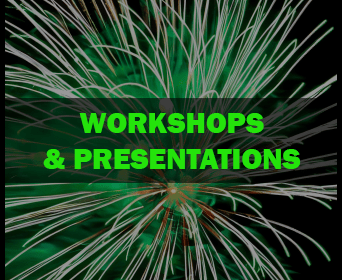Article: Mobile-Friendly Design for Canvas Courses

Today’s students are just like the rest of us – they use their phones for everything. And this includes accessing their courses, communicating with their professors and fellow students, and staying on top of grades and upcoming deadlines. Do you know how your course displays on a phone? Have you considered whether your course content can be accessed on one? Why are these questions important to consider?
Read more







